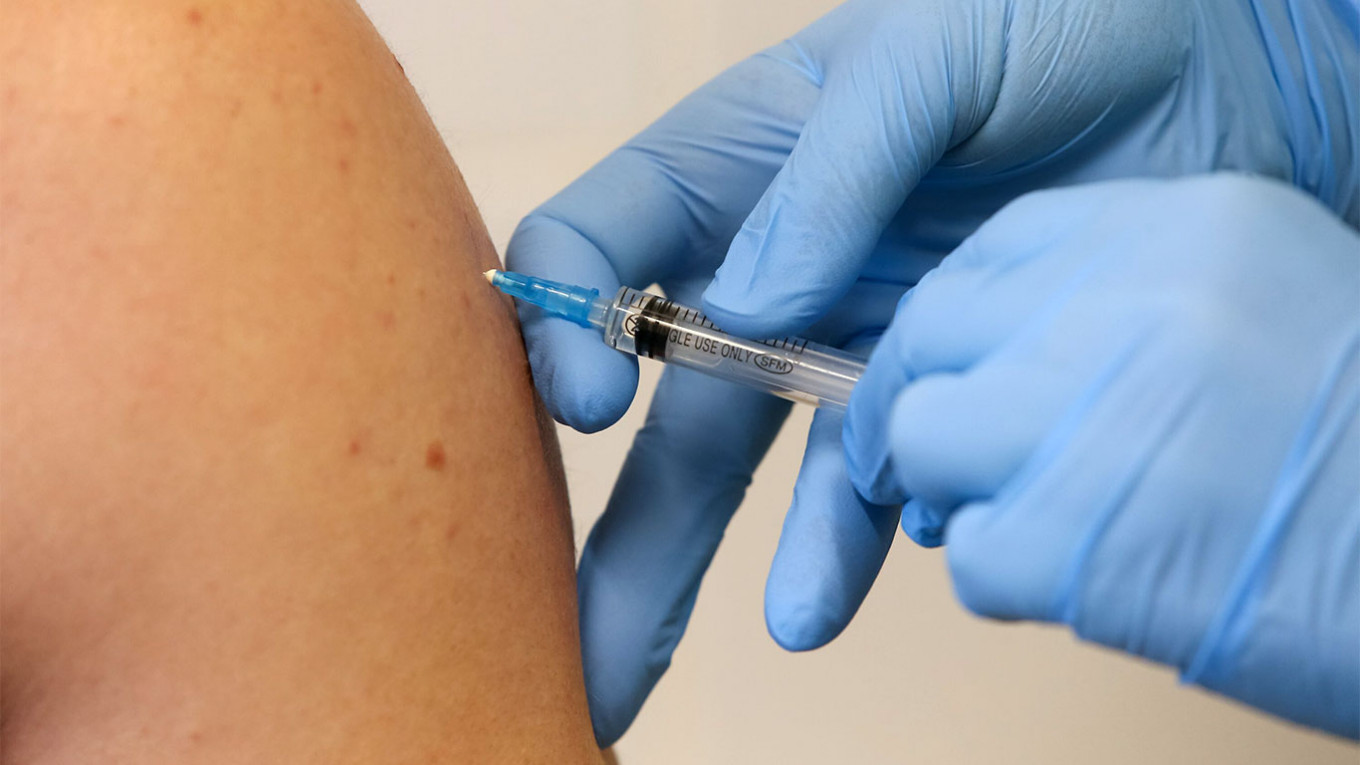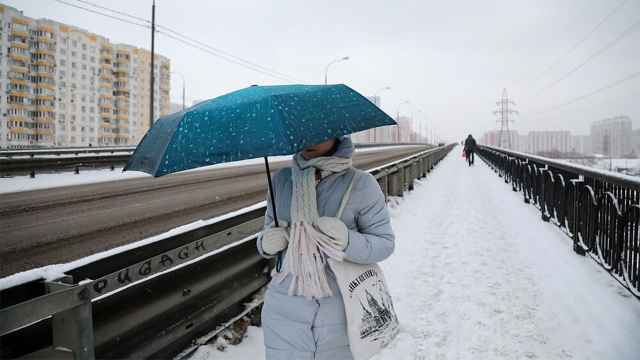The U.S. drugmaker MSD will stop supplying Russia with vaccines against measles, mumps, rubella and chickenpox, the Kommersant business daily reported Monday.
MSD had informed a number of its contractors to stop supplying its Varivax chickenpox vaccine and the M-M-R II vaccine to Russia, the newspaper said.
The National Immunobiological Company (Natsimbio), MSD’s local partner that was established by Russian defense and technology conglomerate Rostec, said localized production of MSD’s vaccines had stopped.
Russia’s state medical regulator Roszdravnadzor confirmed receiving a notice from MSD Pharmaceuticals in June, but said the country has sufficient stockpiles of MMR vaccines.
Varivax accounted for nearly one-fifth of chickenpox vaccines in Russia, with 2021 sales amounting to 162.8 million rubles ($3 million). M-M-R II accounted for 1.5% with 14 million rubles ($257,000) in sales.
MSD has 25 vaccines and drugs that have analogues in Russia, according to Kommersant.
Eleven of its vaccines that have Russian analogues accounted for less than 50% of sales in Russia last year, Nikolai Bespalov, development director of the RNC Pharma consultancy, told the outlet.
MSD can halt vaccine supplies one year after notifying the Health Ministry of its plans under Russian law, Antonina Oblasova, co-founder of Russia’s Herd Immunity non-profit, told Kommersant.
MSD, which is known as Merck & Co. in North America, will reportedly continue sales of drugs that have no analogues in Russia.
Western pharmaceutical giants such as Pfizer, Novartis and AbbVie announced the suspension of investments in Russia in retaliation to Moscow’s invasion of Ukraine in February.
Kommersant previously reported that Russia was running low on medical supplies produced abroad following a wave of crippling Western sanctions and international brand exits from the market.
A Message from The Moscow Times:
Dear readers,
We are facing unprecedented challenges. Russia's Prosecutor General's Office has designated The Moscow Times as an "undesirable" organization, criminalizing our work and putting our staff at risk of prosecution. This follows our earlier unjust labeling as a "foreign agent."
These actions are direct attempts to silence independent journalism in Russia. The authorities claim our work "discredits the decisions of the Russian leadership." We see things differently: we strive to provide accurate, unbiased reporting on Russia.
We, the journalists of The Moscow Times, refuse to be silenced. But to continue our work, we need your help.
Your support, no matter how small, makes a world of difference. If you can, please support us monthly starting from just $2. It's quick to set up, and every contribution makes a significant impact.
By supporting The Moscow Times, you're defending open, independent journalism in the face of repression. Thank you for standing with us.
Remind me later.






